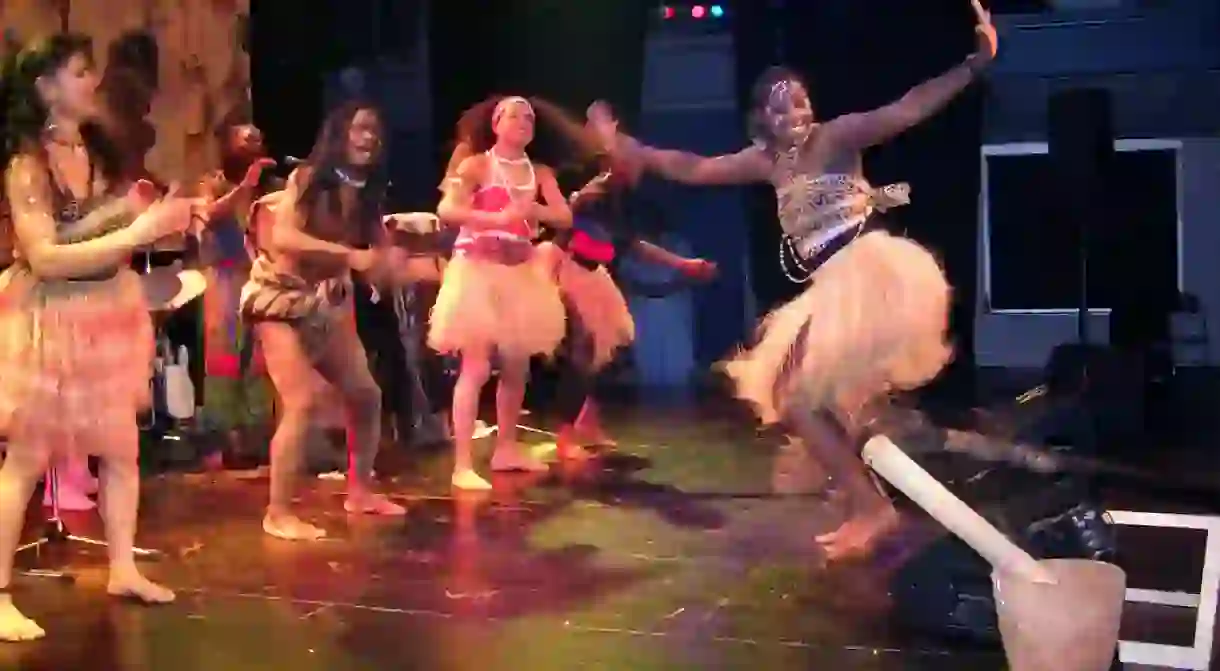An Introduction to the Kongo People of the Congo

The Kongo people are a large tribe spread out across central and western Africa and north sub-Saharan Africa, with descendants located in Angola, The Republic of Congo and the Democratic Republic of Congo (DRC). With a rich and detailed history, their culture and customs are still practised across the region today. Read on to find out more.
The history of the Kongo people
Archeological excavation along the Congo River suggests that the origins of the Kongo people can be traced back thousands of years. The Kongo are said to have originally settled along the river to utilise and exploit its diverse and rich resources. Eventually they developed farming and trading methods.
The Kongo formed an official and absolute monarchy during the 14th century. Nobles were chosen by the king and they were the spokespeople of the royal family. One of their key duties also included acting as advisors to the king in an effort to keep the peace.

The tribe was first discovered in Angola upon the arrival of the Portuguese colonials. The Kongo people agreed to trade in ivory and copper with the Portuguese until the early 1500s and the introduction of slavery. As the Belgians arrived in the DRC and the French discovered the Kongo people of Congo-Brazzaville, European powers divided the kingdom and its people among the French, Belgians and Portuguese.
Homeland
Today half of the 3.3 million Kongo people inhabit one specific neighbourhood within the Republic of Congo’s Capital city, Brazzaville. The neighbourhood of Bakongo lies close to their place of origin near the Congo River rapids. The rest of the population remains spread across their traditional homeland.

Culture
The Kongo people have retained some of their traditional cultural practices, but many things have changed since the 14th century. Their language is just one example. Although many Kongo people still speak the same ‘Kikongo’ language as they did thousands of years ago, the tribe has expanded and in the process added smaller languages such as ‘Lari’ and ‘Munukutuba’.

During the 14th century the Kongo people practised traditional African religion. Many still practise this religion today. Through the years many Kongo people have adapted to practising Christianity which was first introduced to them in the 15th century by French colonials. Of these Christians, a large number of Kongo people are also known to practise Kimbanguism, a branch of Christianity founded by Simon Kimbangu in the Democratic Republic of Congo.
The Kongo people also are renowned for their distinctive meals that incorporate ‘bushmeat’ or meat from chimpanzees, crocodiles and tortoises, among others. Most meals are prepared within their communities. A local vegetable known as ‘matebele‘ also plays an important role. These meals are mostly cooked during traditional celebrations such as weddings, dances and other cultural events.













